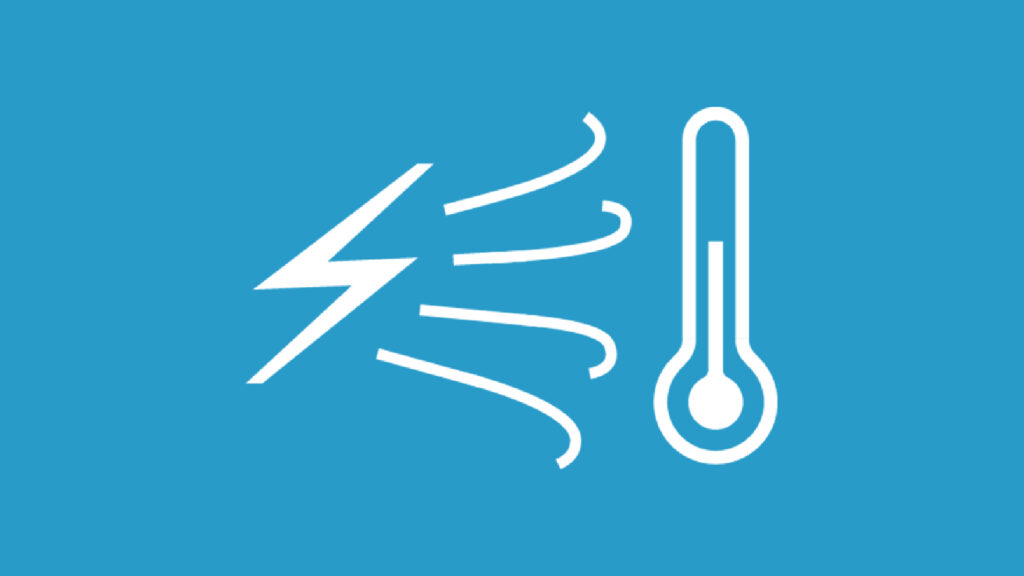Electrifying your home heating system with a heat pump is one of the most effective ways to reduce your overall carbon footprint and make your home more comfortable. An ideal time to consider a heat pump is when you need to replace your existing heating or cooling system or when you want to add air conditioning, because heat pumps provide cooling as well as heating. Find more details on heat pumps under the Deep Dive tab above, and click on the Testimonials tab to hear from neighbors who have done it!
 And, there are several incentive programs to sweeten the deal! See our full write up on state and federal incentives.
And, there are several incentive programs to sweeten the deal! See our full write up on state and federal incentives.
But choosing an installer and equipment can be a time consuming and confusing process. We’ve got part of the solution! As a first step, fill in this form to ask for knowledgeable assistance with this important decision from our team of volunteer community heat pump coaches.
In order to qualify for the MassSave incentives, you should first do everything you can to add the maximum insulation and reduce drafts significantly. We have exactly the thing for you: sign up for a no-cost Home Energy Assessment. Find more details on the incentives under the Deep Dive tab above.


